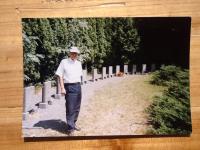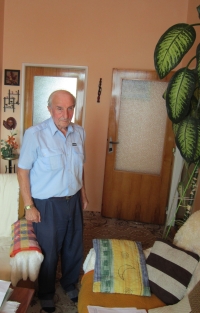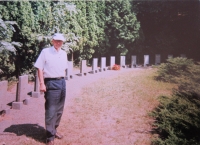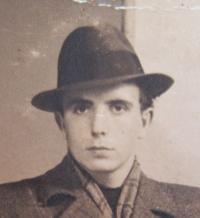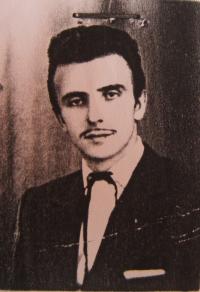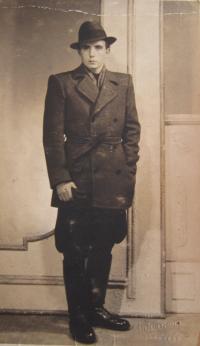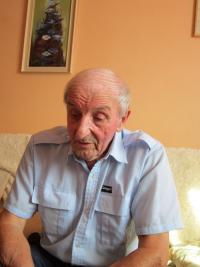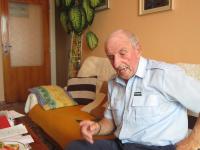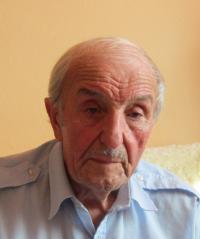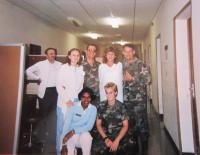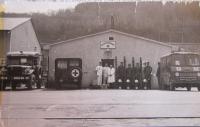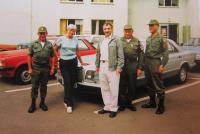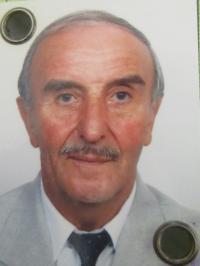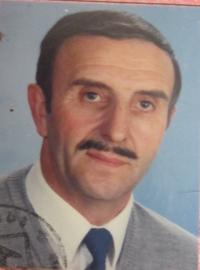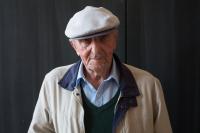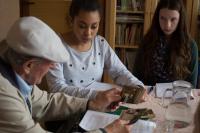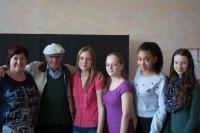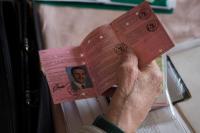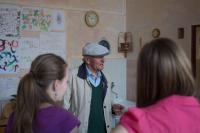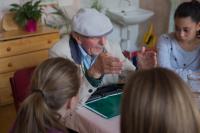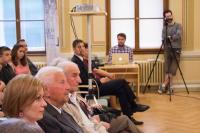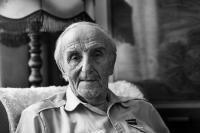At that time crossing the borders wasn’t dangerous yet, especially when I knew where the gaps were
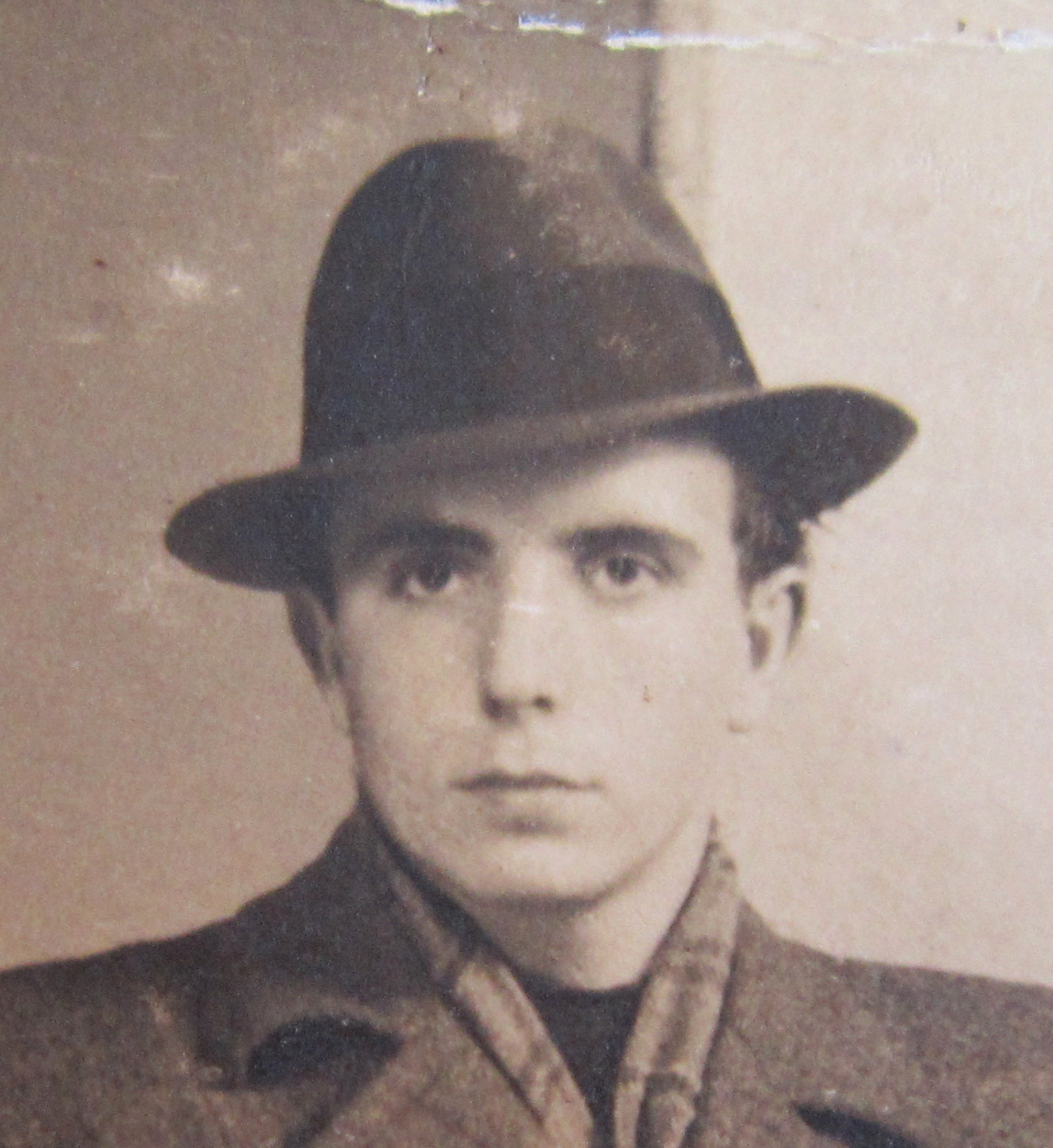
Download image
Pravoslav Špoula was born on 23 September 1929 in Prague. As a mere boy of fifteen he took part in the defence of Prague during the Prague Revolt. He was with a group of sixteen men who defended the steel bridge over the Vltava connecting Zbraslav with Březanské Valley. In the night from the 6 to 7 May 1945 the bridge was approached by a strong German unit with tank support, which managed to surround the resistance group and capture them. Apparently, only Pravoslav Špoula was able to escape, and he was the only one of the group to survive in the end. As a veteran “barricader”, shortly after the war he became a member of the National Defence Corps (NDC, the state police), and he then served at the Committee for Interior National Security and later at a border guard unit in Železná Ruda. He left from the NDC for health reasons, and in 1949 he supposedly helped four people cross the borders to Germany. He attempted the same himself, but he was caught and imprisoned in a forced labour camp in Kladno. With the help of one civilian employee he managed to escape before his trial took place, finally succeeding in crossing the borders to Germany. He found civil employment as an orderly at Medical Command, an organisation that provided medical services to the American army. He returned to Czechoslovakia in 1990, after forty-one years of emigration. He now lives in Pardubice.
